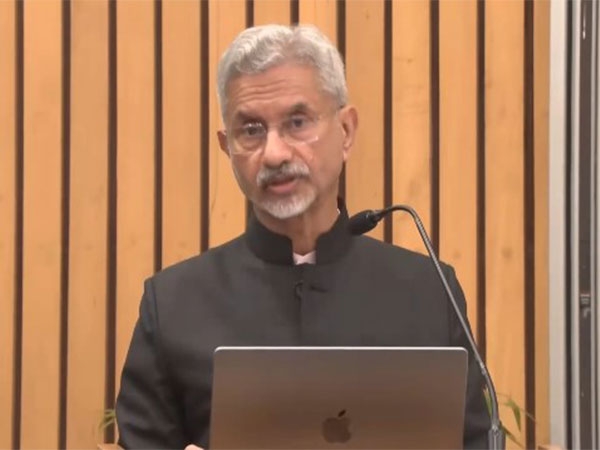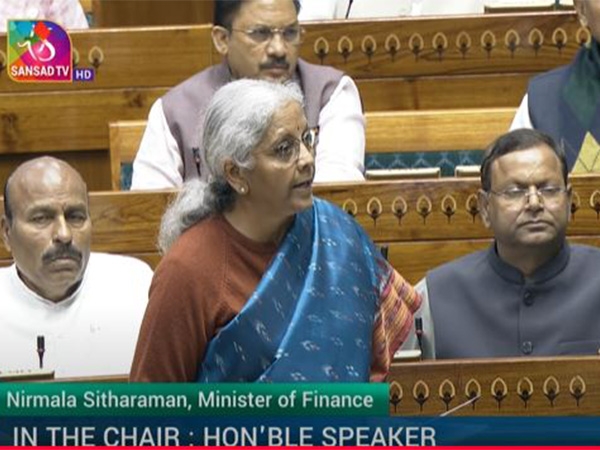Dangerous folly: the case against India's bid for an NSG seat

The Narendra Modi regime is reportedly "optimistic" that India would be admitted to the Nuclear Suppliers' Group (NSG) at its meeting in Seoul later this month. But the outcome of the meeting is uncertain.
Ironically, the NSG was set up in 1975 in response to India's 1974 nuclear tests, which violated international legal agreements that the country would not divert fuel supplied for its civilian programme to make the bomb. In spite of this illegal diversion, India's claim of being a "responsible" nuclear power enjoys near-complete domestic consensus.
All Nuclear Weapons State members of the NSG as well as de facto Nuclear Weapons States outside it have behaved irresponsibly both in failing to live up to the NPT's disarmament obligations and in promoting proliferation one way or the other. But the United States takes the cake in this respect. It was the principal pace setter of the arms race during the Cold War, and now apart from budgeting $1 trillion for modernisation of its arsenal, it is extending the arms race to outer space through its Ballistic Missiles Defence and Theatre Missile Defence systems. This forces Russia and China to expand and modernise their systems, which has knock-on effects on Indian and then Pakistani nuclear preparations.
The US has always been selective in dealing with actual or potential NWSes. Apart from being hypocritical and deceitful, this strategy harms the prospects of bringing about global nuclear disarmament. "Responsible" India cannot, of course, criticise Washington's irresponsible nuclear behaviour since it has depended on it to promote its membership of the NSG and because of the Indo-US nuclear deal. Moreover, New Delhi received a waiver from NSG rules in 2008 courtesy of the US bullying of smaller members like Austria, Ireland and New Zealand, which have a far superior commitment to nuclear disarmament.
A 5 June 2016 editorial of The New York Times opposed India's entry into the NSG. This editorial and other US opponents of India's NSG membership are self-serving, and have duly received strong rebuttals from Indian liberals and nuclear hawks alike. The trouble is that the same nuclear nationalists then gloss over the discrepancies and inconsistencies in India's own nuclear stance, while calling out, quite rightly, similar hypocrisies and deceits of China and Pakistan and the cover-ups and rationalisations put forward by their respective strategic and media acolytes.
It must not be denied that China actively helped Pakistan realise its nuclear ambitions. But such overt and covert collaborations among the NWSes has been the norm - Russia-China, US-France-Israel, US-Britain, Israel-South Africa, and US turning a blind eye towards Pakistan. If we also consider the cooperation in developing delivery systems and other facilities relevant to building nuclear weapons, then it is not just Pakistan and North Korea or the AQ Khan network, but a whole lot of other connections that need to be highlighted, for example US-UK (Trident) and India-Israel (Green Pine Radar).
On the sly
India does not have a record of promoting outward proliferation; its duplicities lie elsewhere. Although it opposed Ballistic Missile Defence (BMD) systems even after the 1998 tests, New Delhi took a u-turn once the United States under George W. Bush abrogated the Anti-Ballistic Missile Treaty in 2002. Furthermore, India is now building its own limited missile defence system, with ample help from Israel. Making matters worse, there's no mention of the fact that India's limited BMD forces Pakistan to enhance its arsenal. Now, Pakistan, independently of India, certainly behaves badly. But it is India that has always been and continues to be the principle pace setter in the South Asian nuclear arms race.
Take India's claim of having de-mated its nuclear weapons - keeping the warheads and the missiles needed to deliver them separated to avoid any accidental, unauthorised or hurried use. This claim is doubtful given that a degree of containerisation/cannisterisation of warheads/missiles has been admitted. (Avinash Chandar, former DRDO chief, is quoted as admitting this by Christoher Clary in After The Bomb by Achin Vanaik). Despite all its talk of maintaining a minimum credible deterrence, India is developing cruise missiles (a potentially first-use delivery system), and is moving towards submarine-based ballistic missile deployment, thereby necessitating that nuclear weapons are mated.
What about Pakistan's fast-growing nuclear arsenal? This poser ignores that India has a much larger stockpile of weapons-grade/reactor-grade fissile material. Even going by the mainstream logic of deterrence, India ought to need considerably fewer weapons vis-a-vis Pakistan given the neighbouring country's much smaller size. For its part, Pakistan's development of battlefield nukes to deter conventional attacks adds another unwarranted stimulus to this regional arms race. Both sides are, thus, culprits in their own ways.
Apart from the "prestige" factor, membership of the NSG will give India greater access to fissile material and dual use technologies, thus freeing up domestic uranium for military use. Pakistan is not alone in pointing this out. The late K Subrahmanyam, lauded as the doyen of India's nuclear strategic thinkers, had reaffirmed this reality.
Game of deception
To back up their case, Indian commentators have cited Pakistan's "duplicitous" blocking of the Fissile Material Cut-off Treaty by insisting that stockpiles be reduced progressively. Pakistan's position on the FMCT is one that is shared by participating countries in the UN Conference on Disarmament, but it doesn't help the Indian case to tell its public about this more complex situation. The P-5 countries already have substantial stockpiles; Russia and the US would be adding to this through further dismantling of warheads. India calculates that by the time an FMCT comes into existence, it too will have substantial stockpiles.
Israeli prime minister Benjamin Netanyahu told US President Bill Clinton in 1999, "We will never sign the treaty, and do not delude yourselves - no pressure will help. We will not sign the treaty because we will not commit suicide." This Israeli obduracy about the FMCT is not highlighted by either the Indian government or its "strategic experts". A middle path proposed by disarmament movements is international monitoring of nationally sequestered stockpiles, which, however, would be unacceptable to the other NWSes.
India's No First Use policy vis-a-vis NWSes and its associated Negative Security Assurances to Non-Nuclear Weapons States is inferior to that of China's. Beijing, unlike India, does not allow for possible use of nuclear weapons against NNWSes, which have biological and chemical weapons and are allied to NWSes. This too, is never pointed out by New Delhi and its acolytes.
Finally, the Indo-US nuclear deal and the securing of the NSG waiver in 2008 required India to promise highly profitable civilian nuclear deals for the US, France, Japan and other countries, whose domestic markets are non-existent or shrinking. The worldwide future of nuclear energy is bleak and talk of its renaissance is basically a myth.
It is necessary to highlight that the NSG is essentially a cartel that sustains the promotion of nuclear energy in complete disregard of the lessons of Fukushima and Chernobyl as well as the actual historical record of nuclear energy development which -- given the gap between expectations and actual performance -- constitutes what's widely regarded as the world's greatest ever industrial failure. Leave aside safety considerations, even the economics behind the development of civilian nuclear energy, given the principle of opportunity cost in relation to the promotion of renewable energy, is utterly irrational.
India and the rest of the world must move away from nuclear energy development. To ensure global nuclear disarmament, this is absolutely necessary.
First published: 21 June 2016, 2:34 IST






![BJP's Kapil Mishra recreates Shankar Mahadevan’s ‘Breathless’ song to highlight Delhi pollution [WATCH] BJP's Kapil Mishra recreates Shankar Mahadevan’s ‘Breathless’ song to highlight Delhi pollution [WATCH]](https://images.catchnews.com/upload/2022/11/03/kapil-mishra_240884_300x172.png)

![Anupam Kher shares pictures of his toned body on 67th birthday [MUST SEE] Anupam Kher shares pictures of his toned body on 67th birthday [MUST SEE]](https://images.catchnews.com/upload/2022/03/07/Anupam_kher_231145_300x172.jpg)






